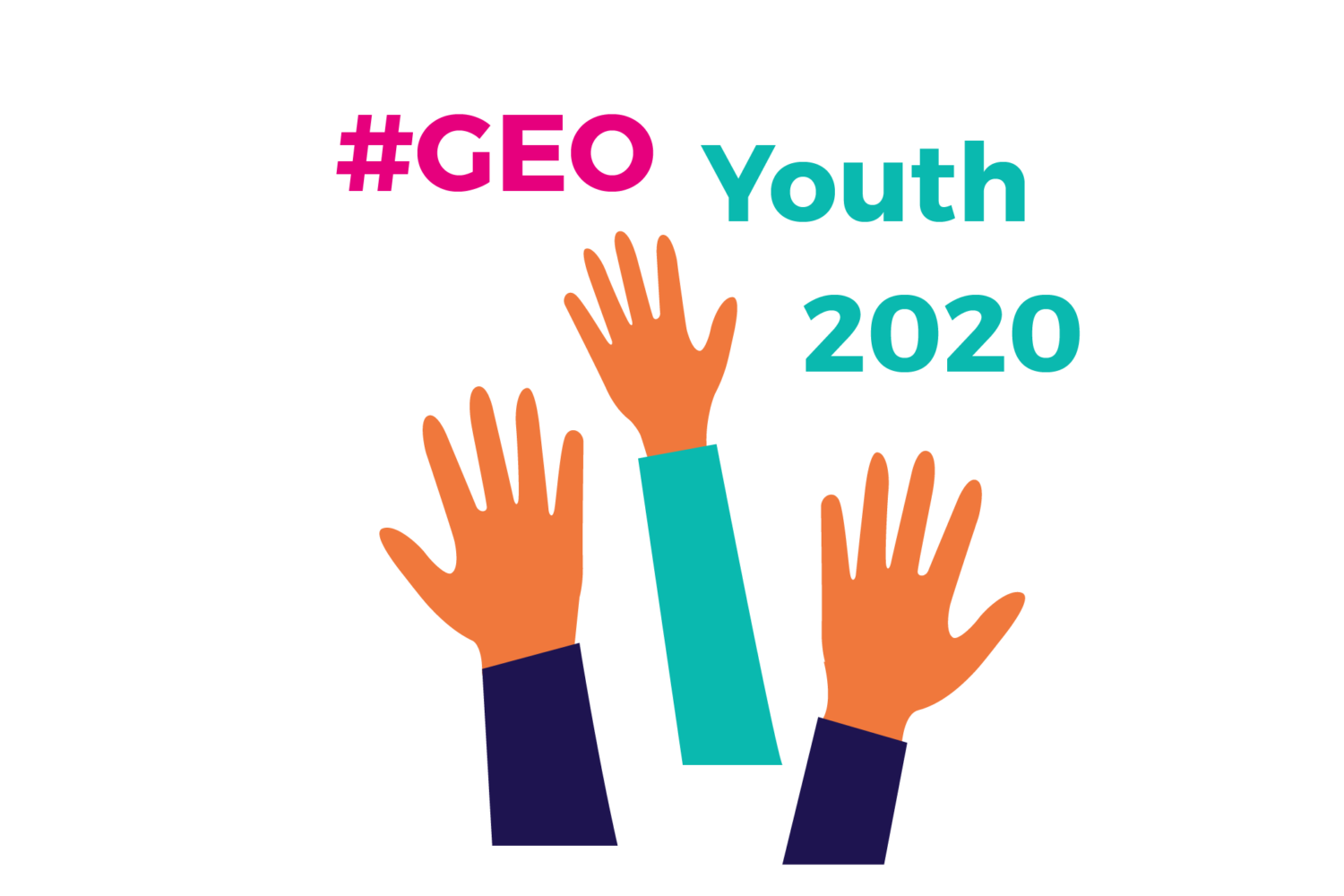In November, 2020 four projects were launched with the help of the sub-grants, which the Georgian Institute of Politics (GIP) has opened up for the beneficiaries of the project “GEOYOUTH2020: Manifesto Engaging Youth in Politics in Georgia”. The project GEOYOUTH2020 was implemented by GIP in partnership with the German grass-root think-tank organization POLIS180 with the financial support of the German Federal Foreign Office across the period of May-September, 2020.
Under the framework of the project, a Youth Manifesto was created with the facilitation of the project team and the direct engagement of more than 150 young people from all the regions of Georgia. Prior to the parliamentary elections of 2020, the Manifesto identified 9 major challenges related to the youth political participation in Georgia and proposed potential solutions to these challenges. The Manifesto was presented to the leaders of the major political parties participating in the elections in September.
It is these 9 challenges identified in the Youth Manifesto that created the basis of the sub-granted projects. GIP opened up the call for the sub-grants specifically for the participants of the GEOYOUTH2020. The call invited the proposals addressing one of the 9 challenges and by that encouraging the youth to contribute to the solution of these challenges themselves, at least at the level of their own communities. Furthermore, this opportunity provided the project participants with the experience of initiating and implementing projects independently. In total, 4 projects, addressing different issues across different regions, were sub-granted:
- Project 1: Digital School for Supporting Youth Employment
Region: Khoni, Imereti
Implemented by: Mariam Managadze; Nana Tchrelashvili; Giorgi Ugulava
Addressing the problem of youth unemployment in Georgia, the project seeks to support young women – especially, those living in the IDP settlements – in strengthening their capacity on the job market by providing them with the online training course in graphic design. By the end of the project, final works resulting from this course will be exhibited and a conference will be organized, where the participants will have a chance to engage in a discussion with women who are successful in digital sphere.
- Project 2: Encouraging Participation of the Youth Residing by the Occupation Line in the Democratic Processes
Region: Zugdidi/Tsalenjikha, Samegrelo-Zemo Svaneti
Implemented by: Ana Tsanava, Levan Papava, Sopio Tchitanava, Tekle Jgarkava, Irakli Beraia
The project aims at addressing the challenge related to the lack of informal education and access to information among young people in the villages by the occupation line. Its major goal is to encourage high-school students of these villages to participate in social life and democratic processes actively. To do so, the project team will provide them with online training sessions about social activism, leadership, importance of youth participation in local governance, etc. Most importantly, students living on the other side of the occupational line will also be involved in the project.
- Project 3: Meet the Neighbor
Region: Rustavi, Kvemo Kartli
Implemented by: Gvantsa Shishinashvili, Tamta Chkhaidze
The project addresses the challenge of gender and ethnic stereotypes and seeks to raise public awareness about ethnic minorities in Georgia through the language of art. For that matter, the facade of one of the public schools in the city of Rustavi will be painted with graffiti portraying diversity and inclusion. By putting the street art in the spotlight, more informed, inclusive and engaged society will be promoted that rejects discrimination and embraces diversity.
- Project 4: Youth for the Development of Democracy
Region: Zugdidi, Samegrelo-Zemo Svaneti
Implemented by: Tsitsino Shengelia, Keti Nakani, Jilda Khubulia, Natia Sakhokia
The project seeks to increase the youth engagement in local self-governance through providing them with a number of trainings and workshops on various topics such as leadership, media literacy, social media management, data analysis and children rights. As a result, project participants will have an opportunity to work on important issues that are relevant to their community by initiating campaigns, creating audio-visual materials as well as a social platform for disseminating the materials focused on local needs.
Follow the GIP’s communication channels to be updated about the final outputs of these projects.


